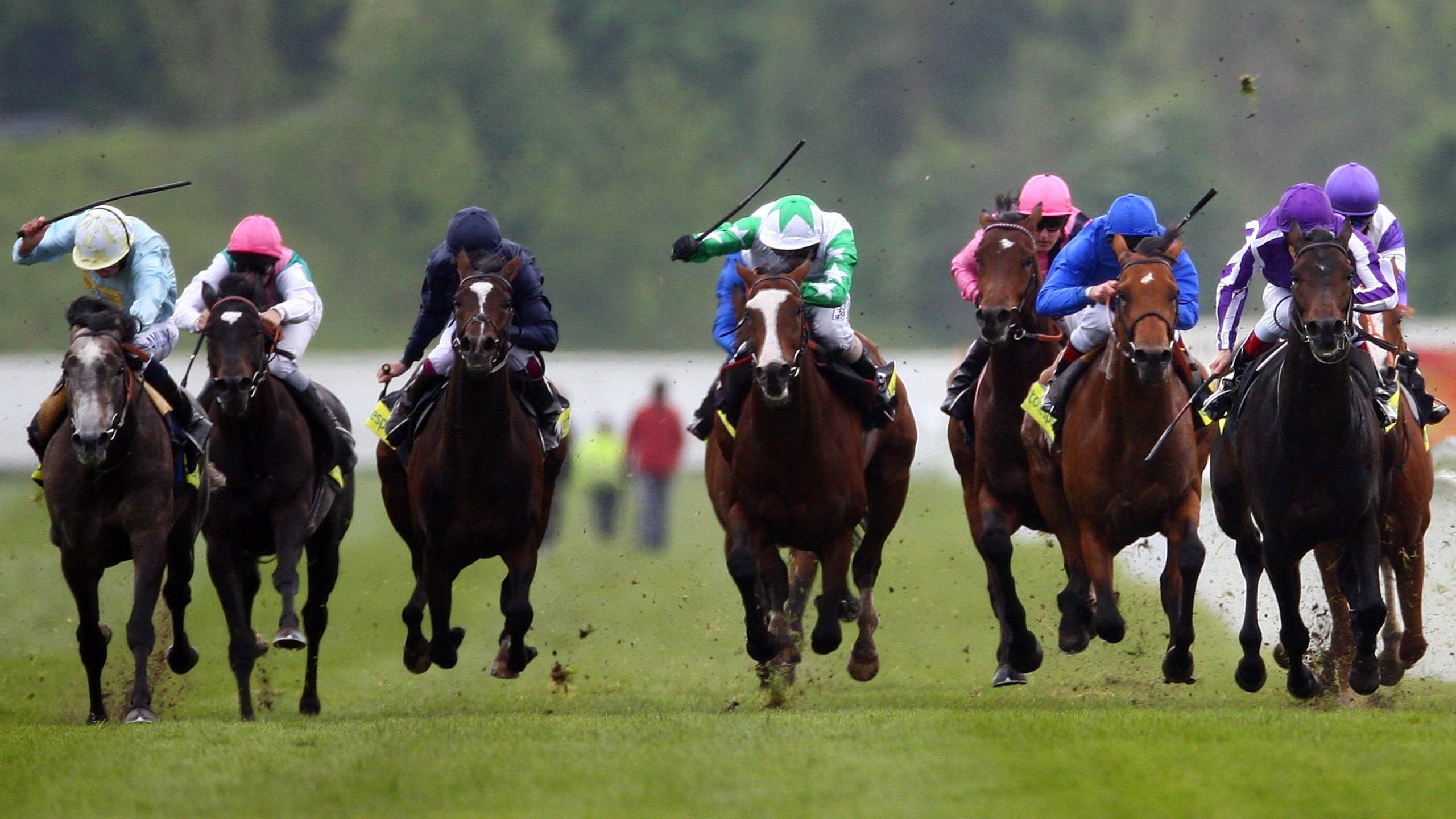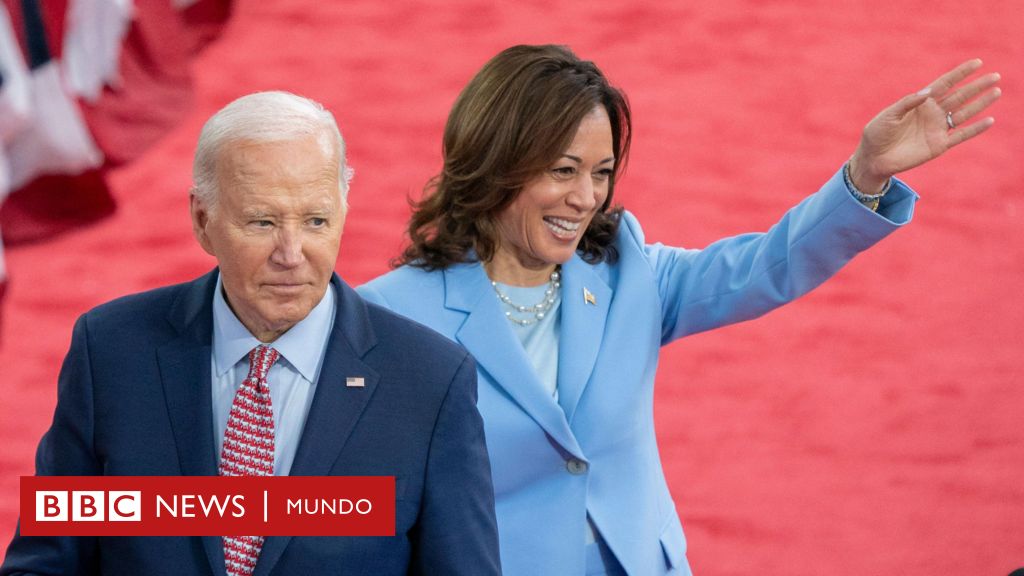Britain’s most anticipated horse racing tournaments

The pioneers of equestrian sport are rightly considered to be the English, among whom there is not a single person who does not know what a racetrack and betting is! According to the Gov.uk, equestrian events in England bring in more than £3.4 billion in cash each year, and London alone provides around 5,000 betting venues.
These days, betting on horse racing is the preserve of the elite. Many punters are now interested in other, more popular sports:
- Tennis
- Football
- Cricket
- etc.
Bookmakers in the old days were always associated with horse racing and horse racing, as they opened up exactly on racecourses, taking bets. Almost all of the bookmakers’ income went to developing horse racing, caring for the horses and fitting out the racecourse. Still, some remain faithful to the betting tradition of betting on horse races.
Horseracing in England as an event does not pass the newspapers, magazines and television channels of Great Britain. And, of course, there are leaders among this type of entertainment.
Ascot Racecourse
The Royal Ascot is probably the most famous annual horse race in the world. From the name, it’s clear that it’s a royal English horse race, always attended by the Queen and her family. The races were founded in 1711 by Queen Anne in Ascot, near Windsor.
Elizabeth II is a great fan of horse racing and a gambler. She has not missed a race since 1945. Gamblers even bet on the colour of her outfit. The prize money is £4 million. There are 18 races over 5 days. Royal Ascot is a great excuse to show off in original outfits and hats, place lucrative bets and visit restaurants with excellent food and delicacies.
Grand National
The Grand National Aintree is a three-day steeplechase festival held at the famous Aintree Racecourse near Liverpool. The high hurdles and steeplechase events are highly entertaining. The spectators gather in the stands to cheer on the 100,000 or so spectators. Their screams and cheers turn into a continuous deafening roar. And in front of the TVs are millions of players. On the 4.5 mile course, about 40 horses overcome up to 30 obstacles. Falls and injuries are common here, so just making it to the finish line counts as good luck.
According to the Independent.co.uk, the top prize of £975,000 goes to the owner of the horse, not the jockey. Several grandstands have been built at the racecourse:
- The Queen Mother’s tribune;
- Princess
- The Earl’s rostrum, etc.
They can only be accessed in strict accordance with the tickets, which are mostly guest tickets.
The glorious Goodwood
Glorious Goodwood – Smooth races at Goodwood Racecourse. This is the largest of all the historic estates and is located 60 miles from the city of Chichester. Every year in July over 100,000 horse racing fans flock here for a taste of excitement and luxury. The prize money can be as much as £250,000. The Stewards Cub, with 28 horses competing for the main prize. The five days of the festival include a packed programme of:
- Equestrian competitions
- Colourful shows
- Games for children and adults.
The last three nights are a celebration of racing, dancing and music. Glorious Goodwood has a fairly strict dress code, but that doesn’t stop visitors from all walks of life from showing off their unusual and daring attire.
The Epsom derby
The Epsom Derby is the most prestigious horse race held for three years in the town of Epsom, 30 km from London. Epsom was originally a mineral water resort and in 1780 horse racing was invented for holidaymakers. The English aristocrat Derby founded the triennial horse race, in which only English thoroughbred horses participate. Since then, the Derby has been the premier horse race of any three-year-old horse’s life.
The annual 1.5 mile race is held on the first Saturday in June. 400,000 spectators gather in the stands to watch the fierce battle for the £1.5 million prize money. The top and oldest prize is the Golden Crown. The event is so significant for England that a day off is declared in Parliament. There are 10,000 seats in the stands, a VIP area for 625 people, a royal box and an earl’s box. The running track is shaped like a horseshoe, and there’s a flea market, sweepstakes and barbecue fires in the middle of it, on a hill.
It’s arguably one of the most famous and popular horse races not only in the country, but well beyond the UK. It is the most famous horse racing event in England and around the world. It is worth noting that during the Grand National races the British bookmakers record a high level of activity, which can only be compared to what happens during the football World Cup and the English Premier League. Fans come from all over to watch the races, place their bets, win big money and just sit back and relax. Or perhaps meet old friends who are also fans of this truly gentlemanly form of entertainment and pastime.
Sports betting and online betting, and what does GamStop have to do with it
In the UK, sports betting is so widespread and popular that betting boxes are found on city streets more often than bus stops! Gambling has always occupied a huge sector in the UK sports betting industry, and it’s not just for fun, but a significant contributor to the country’s economy, with betting taxes regulated by the Racing Futures Council bringing in an impressive amount of revenue to the treasury!
But there’s a bit of a catch: there is a GamStop self-exclusion scheme in the UK, which by the way is extremely effective. And Brits, in a burst of emotion, often stop playing and then look for horse racing betting sites not on GamStop. These horse racing sites for GamStop punters are the only way to continue betting on their any sporting events, as they are licensed outside the UK and freely accept Brits.
In 1970 there was even a survey amongst the public as to the best place to locate betting shops – the answer was “near the pub, the labour exchange and the post office” (the pub being the source of punters and the other 2 points being sources of unemployment benefits and pensions).
As early as 1938 a total of £150 million was involved in bookmakers’ turnover, even though betting kiosks were not legalised until 1960. In the last 10 years, the number of punters in the UK has increased several times over, thanks to the development of online betting, and specialist portals provide all the information you need about horses, trainers, jockeys, weather conditions, ground conditions and more. Betting has become such a widespread pastime that it has become a national disease, with Britons betting £500 million a year and warnings about the dangers of excessive betting appearing in the media.




